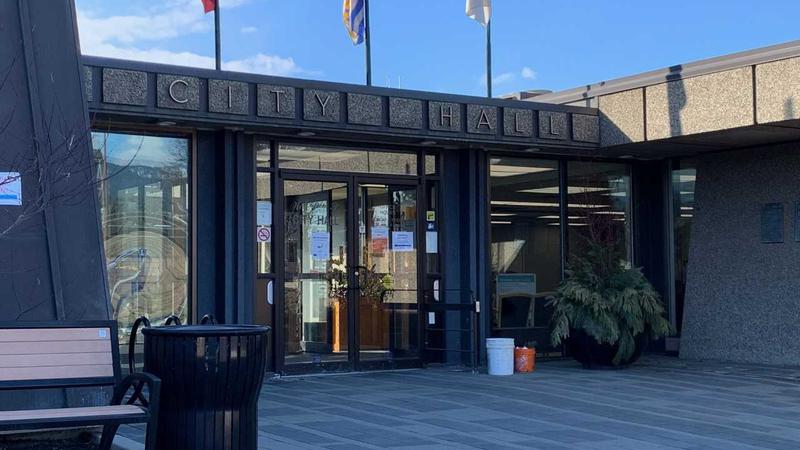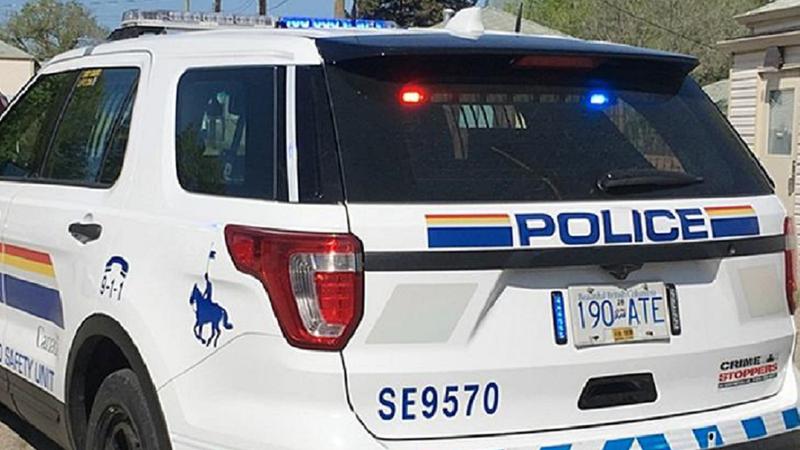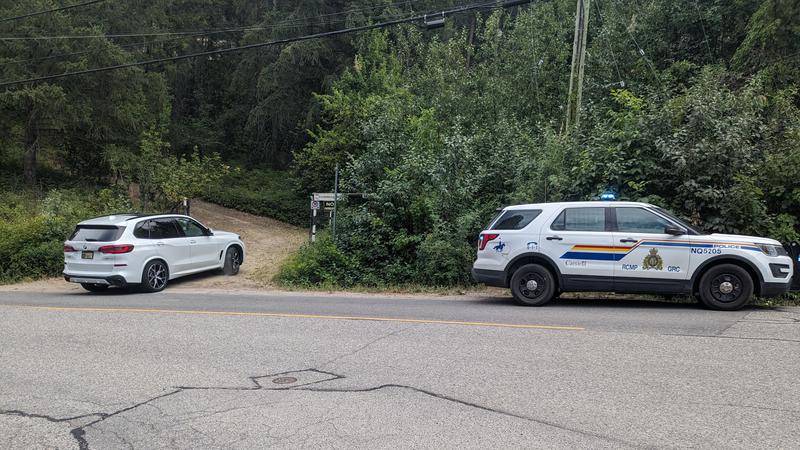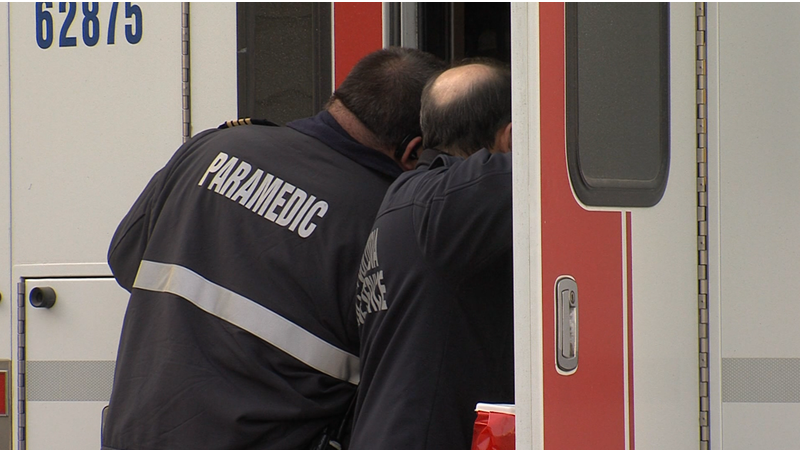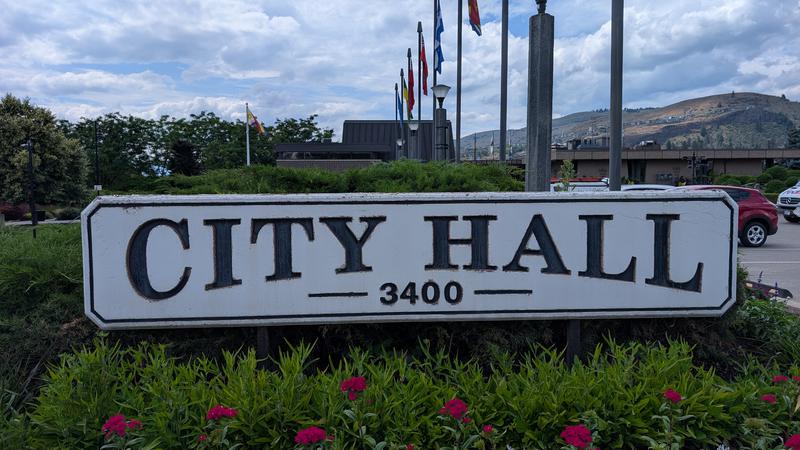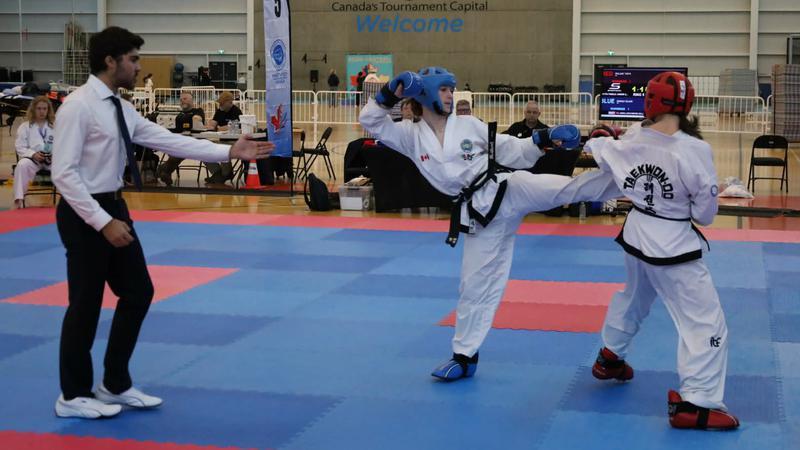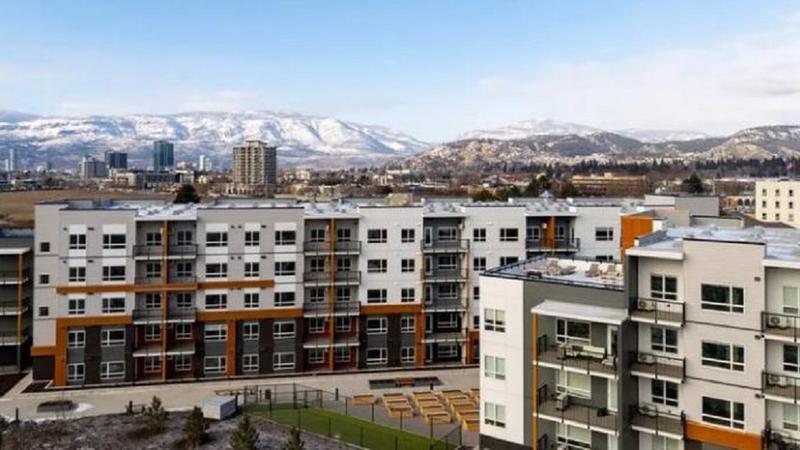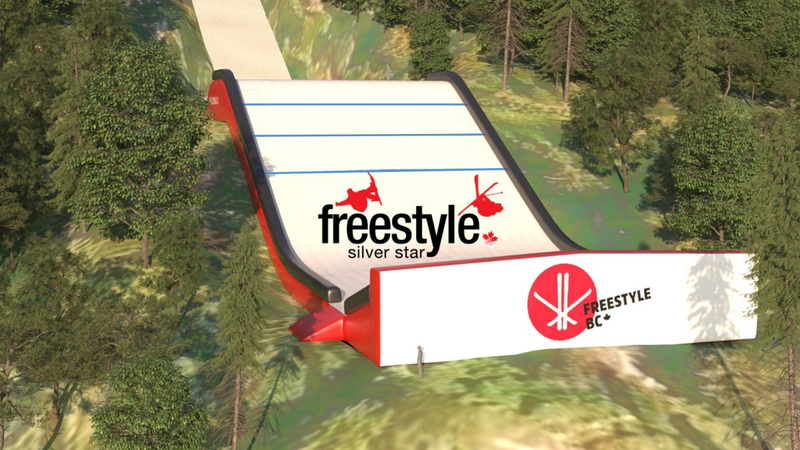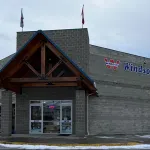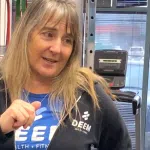
Water Board leader looking to represent Coldstream and area riding
The acting executive director of the Okanagan Basin Water Board is looking to represent the new Okanagan riding in the Legislature.
Anna Warwick Sears is running as the B.C. NDP candidate for the Kelowna-Lake Country-Coldstream riding in the 2024 Provincial General Election.
Warwick Sears grew up in Kaslo, northeast of Nelson in the Kootenays. She moved out of province for a couple decades but in 2006 moved to the Okanagan, where she has been working with the Water Board (OBWB) ever since, living half the year in Coldstream and the other half in Kelowna.
“I think it’s really important for a representative to have an understanding of the riding that they’re in,” Warwick Sears told Vernon Matters.


